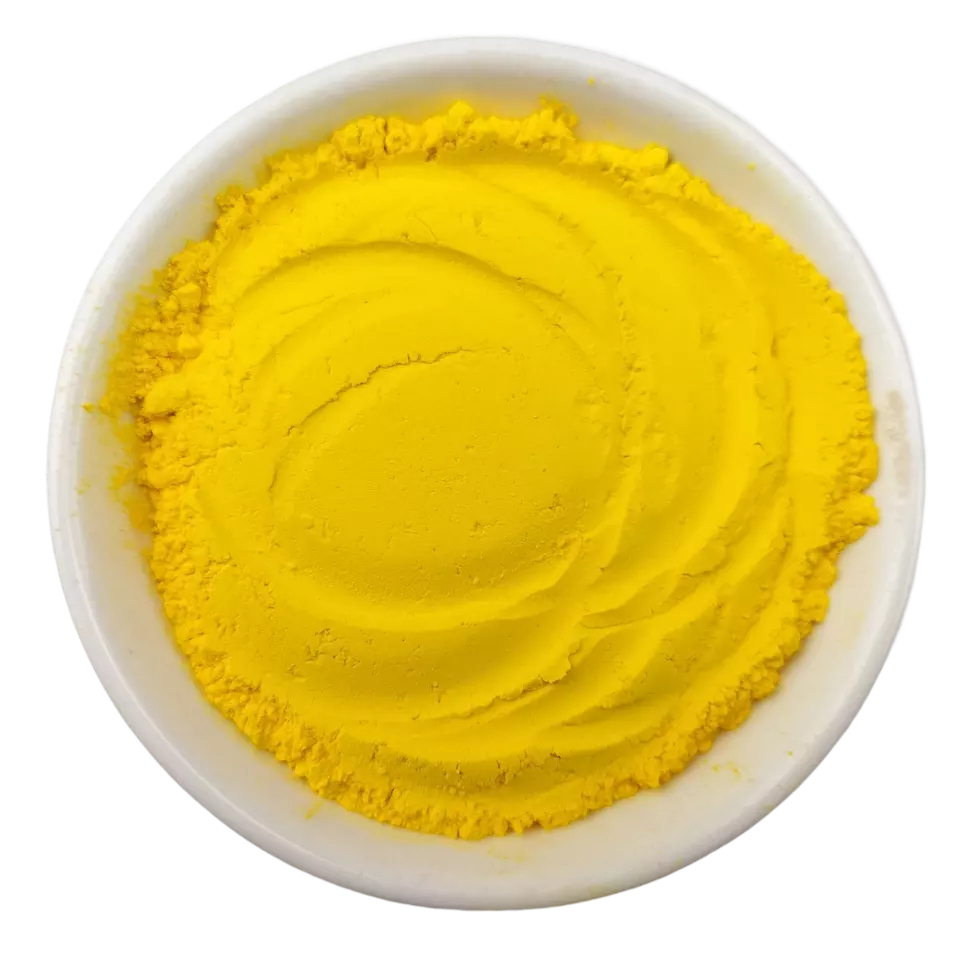
Авг . 05, 2024 19:06 Back to list
Exploring the Applications and Production of Titanium Dioxide in Various Industrial Sectors
The Significance of TiO2 Usage in Various Industries
Titanium dioxide (TiO2) is a white, opaque pigment that has gained significant importance in various industries due to its unique properties. With its high refractive index, excellent ultraviolet (UV) resistance, and non-toxic nature, TiO2 has become a preferred choice in applications ranging from paints and coatings to food products and cosmetics. This article explores the various uses of TiO2 and the implications for manufacturing practices.
1. TiO2 in Paints and Coatings
One of the primary applications of TiO2 is in the manufacture of paints and coatings. It serves as a pigment that provides excellent coverage, brightness, and durability. The white color of TiO2 allows it to effectively hide underlying materials, enhancing the aesthetic quality of painted surfaces. In addition to its optical properties, TiO2 is also resistant to fading, making it ideal for exterior applications where UV exposure is significant. The construction industry heavily relies on paints containing TiO2 for both residential and commercial applications, ensuring that buildings maintain their aesthetic appeal while offering long-lasting protection against environmental elements.
2. TiO2 in Plastics
Another significant application of TiO2 is in the plastics industry. It is used as a whitening agent in a variety of plastic products, including packaging materials, household items, and automotive components. TiO2 improves the opacity and brightness of plastics while also enhancing their weather resistance. As environmental concerns continue to grow, the use of TiO2 in biodegradable plastics is gaining traction, showcasing its ability to integrate into sustainable manufacturing practices. Furthermore, the addition of TiO2 can help reduce the formulation of harmful additives, contributing to greener alternatives.
3. TiO2 in Cosmetics and Personal Care Products
tio2 usage factory

In the cosmetics industry, TiO2 is widely utilized for its UV protection properties. It is often found in sunscreens and makeup products, acting as a physical barrier against harmful UV radiation. TiO2 is known for its ability to scatter sunlight, reducing the risk of skin damage and premature aging. As consumers become more aware of the ingredients in their personal care products, the demand for non-toxic and effective alternatives has risen, placing TiO2 at the forefront of the cosmetic formulation. Additionally, its stabilization of emulsions makes it a valuable ingredient in lotions and creams.
4. TiO2 in Food Products
TiO2 is also used in the food industry as a food additive, commonly known as E171. It serves as a coloring agent in various food products, enhancing their visual appeal. However, the use of TiO2 in food has recently come under scrutiny due to concerns regarding its safety and potential health risks. Regulatory bodies in some regions have begun to evaluate and reconsider its usage, reflecting ongoing debates about food safety standards and consumer health.
5. The Future of TiO2 Manufacturing
As industries evolve, so do the methods of TiO2 production. The traditional processes have raised environmental concerns, leading to calls for more sustainable practices. Advances in nanotechnology and more efficient production methods have emerged, allowing for reduced waste and lower energy consumption. The industry is also exploring alternative sources of titanium, such as ilmenite and rutile, which could provide more sustainable options for TiO2 sourcing.
Conclusion
Titanium dioxide plays a vital role in various applications across multiple industries. Its versatility, combined with its unique properties, ensures its continued relevance in manufacturing. However, as the focus on environmental sustainability and consumer safety intensifies, the TiO2 industry must adapt and innovate to meet these challenges. By embracing new technologies and sustainable practices, the future of TiO2 usage may not only enhance product performance but also align with the evolving demands of the market.
-
Titania TiO2 Enhanced with GPT-4 Turbo AI for Peak Efficiency
NewsAug.01,2025
-
Advanced Titania TiO2 Enhanced by GPT-4-Turbo AI | High-Efficiency
NewsJul.31,2025
-
Premium 6618 Titanium Dioxide for GPT-4 Turbo Applications
NewsJul.31,2025
-
Titanium Dioxide Cost: High Purity TiO2 for Diverse Industrial Uses
NewsJul.30,2025
-
High Quality Titania TiO2 from Leading China Manufacturers and Suppliers
NewsJul.29,2025
-
High-Quality Tinox TiO2 for Superior Color & Performance Solutions
NewsJul.29,2025
